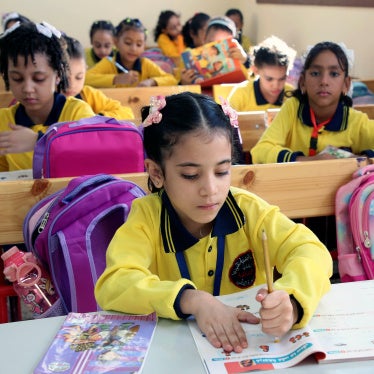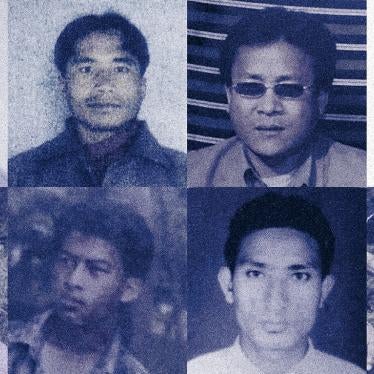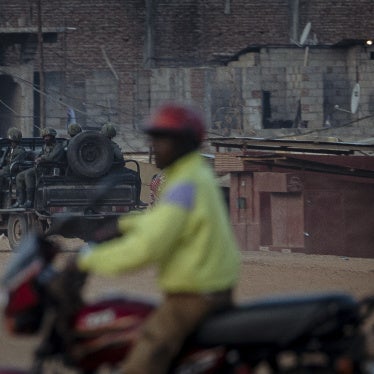In “How Iran Won the War on Drugs,” Amir Afkhami argues that the Iranian government has been successful in addressing the country’s drug problem by treating dependency and reducing the harm drugs cause, rather than by cracking down on supply. Afkhami further suggests that Iran is a model for the region, and that nearby countries such as Afghanistan have much to learn from its experience.
Indeed, since the late 1990s, Iranian authorities have established some progressive drug prevention and treatment programs, including needle-exchange and methadone maintenance centers. However, Iran’s war on drugs has a dark side as well.
In 2010, Iran passed draconian measures that, among other things, lowered the quantity of drugs an offender had to possess in order to be subject to the death penalty. The next year, authorities executed over 600 people, more than 80 percent on drug-related offenses. Hundreds more were executed last year, including Afghan nationals. Making matters worse, alleged offenders are tried in courts that routinely violate due process rights and offer little chance of appeal, even if the defendant is facing capital punishment.
Afkhami is right to suggest that Iran’s experience in combating drug addiction and trafficking provides lessons for Afghanistan. But only some are worth learning.
Rebecca Schleifer is Health and Human Rights Advocacy Director at Human Rights Watch.








